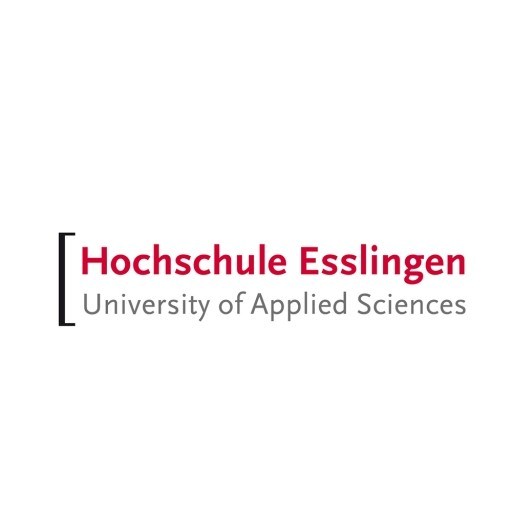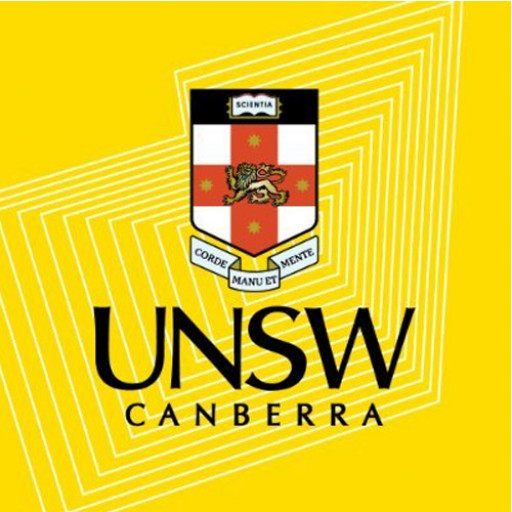Photos of university / #utwente
The Master's degree programme in Embedded Systems at the University of Twente is a comprehensive and innovative program designed to equip students with the advanced knowledge and practical skills necessary to develop complex embedded systems used in various industries. Embedded systems are specialized computing systems integrated into hardware devices, making them indispensable in modern technology, including automotive, healthcare, manufacturing, and consumer electronics. ThisProgramme offers aunique combination of hardware and software engineering, emphasizing technical depth, creativity, and problem-solving capabilities. Throughout the course, students will delve into core topics such as real-time operating systems, digital signal processing, hardware design, software development, and system integration, providing them with a holistic understanding of embedded system design and implementation. The curriculum is structured to balance theoretical foundational knowledge with hands-on projects, enabling students to apply concepts in practical scenarios and develop innovative solutions. Emphasis is placed on interdisciplinary collaboration, encouraging students to work in teams on real-world projects supplied by industry partners, fostering skills in communication, project management, and team dynamics. The programme employs state-of-the-art laboratories and software tools to simulate and prototype embedded systems, ensuring students gain valuable experience using industry-standard equipment and techniques. In addition, students have opportunities to specialize in areas such as wearable technology, automotive embedded systems, Internet of Things (IoT), or robotics, tailoring their education to their career interests. The University of Twente’s strong ties to industry and research organizations provide students with access to internships, networking events, and cutting-edge research developments, giving them a competitive edge in the job market. Graduates of this programme are well-prepared for careers in design, development, and research in embedded systems across various sectors, including technology companies, automotive manufacturers, healthcare providers, and government agencies. The MSc in Embedded Systems at the University of Twente embodies a forward-thinking approach, fostering innovation and technological advancement in embedded systems engineering, and preparing students to become leaders and pioneers in the rapidly evolving tech landscape.
The Embedded Systems Master's programme at the University of Twente offers students a comprehensive and in-depth education in the design, development, and deployment of embedded systems. This multidisciplinary program combines principles from electrical engineering, computer science, and mechanical engineering to prepare graduates for the rapidly evolving field of embedded technology. Throughout the programme, students gain a solid foundation in hardware and software design, real-time systems, sensors and actuators, and communication protocols, enabling them to develop innovative embedded solutions for various industries, including healthcare, automotive, manufacturing, and consumer electronics.
The curriculum is structured to include core courses such as Embedded Software Design, Digital Systems, and Embedded Hardware, along with advanced modules like Cyber-Physical Systems, Internet of Things (IoT), and Security in Embedded Systems. These courses are designed to provide practical skills through project-based learning, lab work, and collaboration with industry partners. Students also have the opportunity to specialize in areas such as automotive embedded systems, robotics, or IoT, tailoring their studies to their career ambitions.
A significant component of the programme is the master's project, which typically involves solving real-world problems in collaboration with industry or research organizations. This project allows students to apply their theoretical knowledge in practical settings, develop innovative solutions, and gain valuable experience in project management and teamwork.
Moreover, the University of Twente emphasizes innovation and entrepreneurship in its embedded systems education, encouraging students to develop entrepreneurial skills and pursue start-up initiatives. The programme prepares graduates for a variety of roles, including system architect, embedded software engineer, hardware designer, and research scientist.
With state-of-the-art laboratories, close connections to industry, and an international campus environment, students in the Embedded Systems Master's programme at the University of Twente are well-equipped to become experts and innovators in the embedded systems domain, ready to contribute to technological advancements and build smart, connected devices for the future.
Program requirements for the Embedded Systems Master's programme at the University of Twente typically include a relevant Bachelor's degree in Electrical Engineering, computer science, or a closely related field. Applicants are expected to have a solid foundation in programming (such as C, C++, or Python), digital and analog electronics, embedded systems design, and software development. Proficiency in mathematics, particularly in linear algebra, calculus, and discrete mathematics, is also required to ensure students can handle complex algorithms and systems modeling.
Additionally, candidates should demonstrate knowledge of real-time operating systems, hardware description languages (HDL), and microcontroller or FPGA programming. Prior experience with embedded hardware platforms, sensors, and communication protocols (such as UART, SPI, I2C, or Ethernet) is highly valued. English language proficiency must be proved through standardized tests like IELTS or TOEFL, as the programme is taught entirely in English.
The admissions process may also consider motivation letters, relevant work experience, and references that highlight an applicant's interest and capabilities in embedded systems. Applicants are advised to showcase their problem-solving skills, teamwork experience, and innovative thinking, aligning with the university's focus on research and technological development. For non-native English speakers, meeting specified language requirements is mandatory. The programme benefits from a multidisciplinary approach, so students with backgrounds in electronics, computer engineering, or automation are suitable candidates. Overall, the selection process aims to admit motivated and academically qualified students prepared to engage with advanced topics in embedded systems, hardware-software integration, and embedded application development, ensuring they meet the high academic standards set by the University of Twente.
The Embedded Systems master's program at the University of Twente offers a range of financing options to support students throughout their studies. International students can benefit from various scholarships and financial aid opportunities designed to make education more accessible. The university provides the Holland Scholarship, which is aimed at talented students from outside the European Economic Area (EEA) and offers a partial tuition fee waiver to outstanding candidates. Additionally, the Orange Tulip Scholarship Programme is available for students from selected countries and provides financial support to help cover tuition fees. Prospective students are encouraged to explore these scholarships early, as application procedures and deadlines may vary annually.
Apart from scholarships, students can also consider student loans provided by their government or private financial institutions, depending on their country of residence. For example, Dutch students and some international students from specific regions may have access to government-backed loans and grants. The university also offers work-study opportunities, enabling students to work part-time either on campus or off-campus to supplement their income. These opportunities are valuable not only for financial reasons but also for gaining practical experience in the field of embedded systems.
In addition to external funding sources, the University of Twente supports students in applying for external scholarships and grants offered by government agencies, foundations, or industry partners. Some students might also explore sponsorship options from their home country or companies interested in training highly skilled embedded systems engineers. The university's financial services office provides guidance and assistance in navigating the various options available.
Overall, funding a master's degree in Embedded Systems at the University of Twente requires proactive engagement with scholarship applications, exploring government loans, and considering part-time employment. International students are advised to begin planning their finances well in advance to ensure a smooth educational experience and to maximize the financial aid opportunities available. The university’s commitment is to make education accessible and affordable for talented students from around the world, supporting them through scholarships, financial guidance, and flexible employment options throughout their studies.
The Master's programme in Embedded Systems at the University of Twente is designed to provide students with an in-depth understanding of the core concepts, design, development, and optimization of embedded systems. This programme equips students with the skills necessary to innovate and excel in the rapidly evolving field of embedded technology, which is fundamental to various industries such as automotive, healthcare, consumer electronics, and industrial automation. The course curriculum covers a broad range of topics, including hardware architecture, real-time operating systems, system-on-chip (SoC) design, software development, and system verification. Students gain hands-on experience through laboratory work, projects, and collaborations with industry partners, enabling them to apply theoretical knowledge in practical settings.
The programme emphasizes a multidisciplinary approach, integrating electrical engineering, computer science, and information technology to prepare graduates for complex system design challenges. Specializations within the programme allow students to focus on areas such as IoT (Internet of Things), safety-critical systems, and energy-efficient designs. The University of Twente boasts state-of-the-art facilities, research laboratories, and a vibrant academic community dedicated to innovation in embedded systems and related fields. The programme also offers opportunities for international exchange and collaboration, broadening students' perspectives and professional networks.
Graduates of this programme are well-positioned for careers in academia, research, or industry, particularly in roles related to embedded system design, development, testing, and project management. The MSc in Embedded Systems is tailored to meet the demands of a global job market that increasingly relies on embedded technologies to improve device performance, safety, and sustainability. Overall, the programme aims to produce highly skilled professionals capable of contributing to technological advancements and system optimizations in various critical domains.









